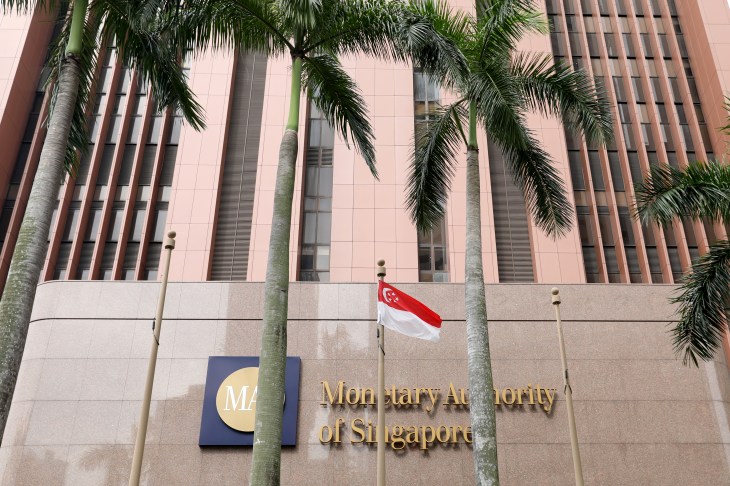It seems that the Singaporean government has a well-thought-out plan for introducing cryptocurrencies into their economy, according to TechCrunch.
The Singapore Consensus 2018 welcomed thousands of cryptocurrency visionaries, entrepreneurs, and experts to discuss and create new links that might form the foundation of the future of the industry.
Some of the most interesting updates have come from regulators, and specifically, the Monetary Authority of Singapore (MAS). The financial regulator openly discussed its views on cryptocurrency and plans to develop blockchain technology locally.

Bitcoinist reports the MAS makes a clear discrimination between different types of cryptocurrencies: utility tokens, payment tokens, and security tokens. Damien Pang, the Head of FinTech Ecosystem and Infrastructure within MAS explained that the agency has no plans on regulating the technology itself, but will regulate its purpose.
Neither will it introduce regulations for all crypto products under one umbrella. He indicated that payment and security tokens will certainly require some form of oversight because of their nature, but utility tokens don’t need to be covered by the same framework.

Singapore is the First Stop for Foreign Companies in Crypto
There are a number of companies all over Asia, as well as in the West, that have already made moves into the country. And the types of cryptocurrency projects and exchanges that go to Singapore vary widely.
A few months ago, Tech Crunch reported, a Korean team called MVL introduced Tada, or the equivalent of “Uber” on the blockchain, in Singapore. Tada is an on-demand car sharing service that utilizes MVL’s technology.
Relatedly, Didi, China’s ride-sharing company, has also looked to build out its own blockchain-based ride-sharing program, called VVgo. VVgo’s launch is pending, and its home is intended to be in Toronto, Singapore, Hong Kong or San Francisco. Given Singapore’s geographic proximity and the transparency of its regulators, it would likely be a good testing ground for Didi as well.
/cdn.vox-cdn.com/uploads/chorus_image/image/57896967/didi-chuxing-759.0.jpg)
Singaporean regulators have arguably been pioneering economic and regulatory standards in Asia since the early days of the country’s founding by Lee Kuan Yew in 1965.
It now wants to maintain that edge by pushing forward with creating the necessary framework to be one of the first in cryptocurrency adoption and adaptation.
When compared to other Asia crypto hubs like Hong Kong, Seoul, or Shanghai, Singapore can expose one to the Southeast Asia market significantly more.
According to Tech Crunch, market activity will likely continue to thrive in the region as the country continues to act as the springboard for cryptocurrency companies and investors, and until countries like Korea and Japan establish a clear regulatory stance.


















